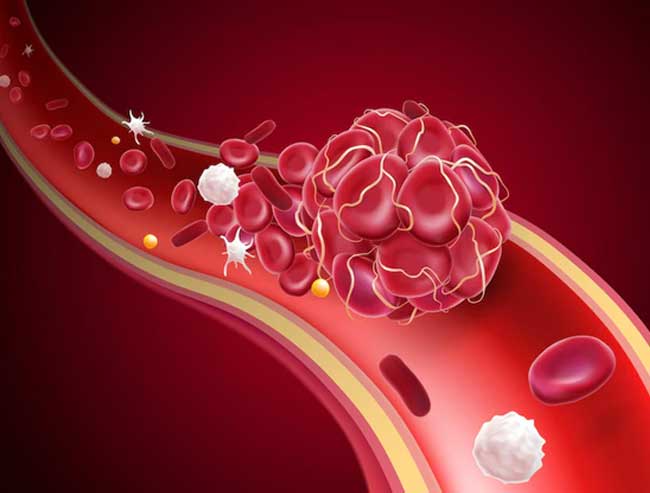-
Symptoms
Causes and Diagnosis
Symptoms
Symptoms of acute intestinal ischemia usually include:
Unexpected abdominal pain which might be mild, moderate, or severe
An urgent requirement to have a bowel movement
Recurring, forceful bowel movements
Abdominal tenderness or distention
Abdominal tenderness or distention
Mental confusion in older adults
Symptoms of Chronic Intestinal Ischemia
Symptoms of chronic intestinal ischemia could include:
Abdominal cramps or fullness, generally within thirty minutes after eating and lasting one to 3 hours
Abdominal pain which gets progressively worse over weeks or months
Fear of eating due to subsequent pain
Unintended weight loss
Diarrhea
Nausea
Bloating
Causes
Intestinal ischemia happens when the blood flows through the major arteries, which supply blood to your intestines, slows, or stops. The condition has many potential causes, involving a blockage in an artery caused by a blood clot or a narrowing of an artery because of the build-up of deposits, like cholesterol. Blockages also could happen in veins, but they are less common.
Causes
Weak or damaged valves could lead to varicose veins. Arteries carry blood from your heart to the rest of your tissues, and veins return blood from your body to your heart so that the blood could be recirculated. To return blood to your heart, the veins in your legs should work against gravity.
Diagnosis
To diagnose varicose veins, your primary care physician will do a physical examination, including looking at your legs while standing to check for inflammation. Your primary care physician might also ask you to describe any pain and aching in your legs.

Services
Intestinal Ischemia
Intestinal ischemia characterizes various conditions that happen when blood flow to your intestines reduces due to a blocked blood vessel, generally an artery. Intestinal ischemia could affect your small intestine, your large intestine (colon), or both.




